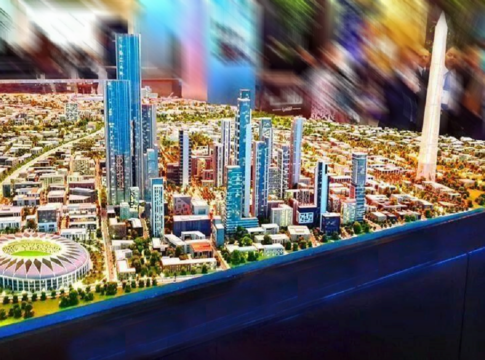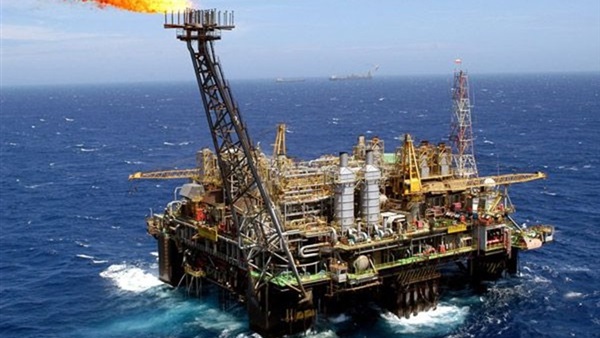On the other hand, British Petroleum (BP) announced its intention to invest over $1 billion in Egypt in 2018, making the country once again a top destination for investment. BP’s CEO Bob Dudley said on Monday at EGYPS that the company was no longer owed any money by the Egyptian government. “The government owes us no money,” he said on the sidelines of the conference.
Such a major leap done over the past four years marks Egypt’s readiness to provide the energy resources for investors willing to seriously invest in the market, and showcases Egypt ‘potentials to become a promising hub for industry specialists , thanks to its geographical unique position.
IMF Managing Director ; Christine Lagarde singled out Egypt in her praise of the “courage” Arab countries have shown in implementing economic reforms, according to CNBC “If we look at Egypt, which has gone through a really tough time, and where the Egyptian people, and their leader have shown courage. We have seen a growth of more than 5 percent,” said Lagarde at the World Government Summit in Dubai. “When you see inflation going down, when you see [capital] coming back into the country, investors looking at Egypt as a good risk in which to set up new companies and create jobs, that’s the response,” she said. Egypt’s economic reform and restructuring since floatation of the Egyptian pound has yielded its returns at a pace and speed that has been acknowledged by international agencies and local think tanks, backed by an amendment to the laws related to investment, bankruptcy and other legislations thus creating a unique business environment for local, regional and international investors.
Egypt is further more blessed with a large pool of young people that are available at competitive rates, the egyptian population remains a market not only for end products as the largest population in the region, but also as a labor market with various abilities and levels of education that guarantee a competitive resource in the cost equation.
Finally, Egypt remains a virgin land, with vast potentials in mining, trade, agriculture, industry, tourism, education, health and other sectors, a market that is currently ready with natural resources, labor, energy and legislations. It is ripe for serious investors willing not only to join in the development and progress of Egypt but to yield the returns of a fruitful investment in a growing economy that is aiming for above 5% growth in 2018.



